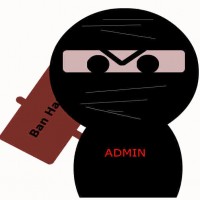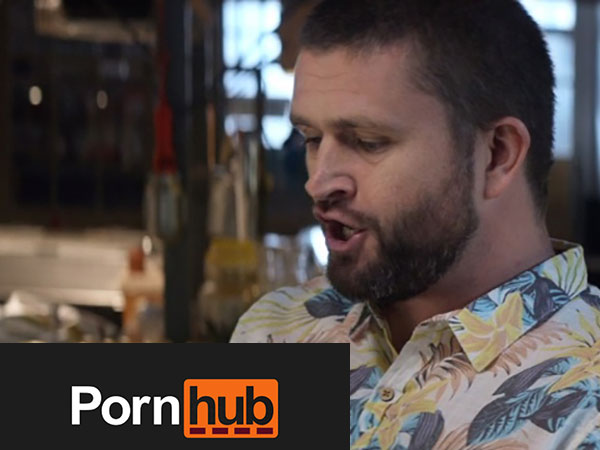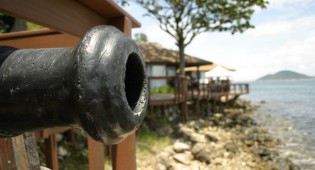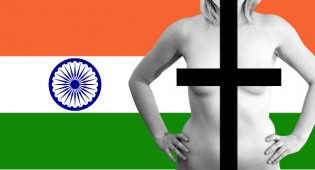Danish Court Ruling Casts Doubt on Internet Speech Freedoms

YNOT EUROPE – A May 27 ruling by the Danish Supreme Court has citizens worrying about free-speech and personal privacy guarantees on the internet.
The ruling upheld a lower court’s verdict requiring internet service providers to block sites that contain copyright-infringing material or link to other sites that do. The verdict was one of a series delivered in the case of notorious file-sharing index The Pirate Bay.
Although copyright holders have lauded the Supreme Court’s decision as an appropriate and necessary step in stemming rampant digital piracy, others have soundly criticized the court’s decision as a step in the wrong direction where internet freedom is concerned. The detractors say the decision attaches too much weight to copyrights, ignores potential for abuse of the system and removes accused websites’ access to due process of law. Critics also are concerned blocking websites without significant investigation may restrict the free flow of legitimate information the websites contain.
Most alarming, critics say, is the potential for the definitions of “illegal” or “offensive” content to expand beyond the bounds of lawmakers’ initial intent. Who is to be the final arbiter of what’s “illegal” or “offensive,” they ask.
The Supreme Court’s decision surprised observers, considering Denmark recently was named the country with the freest press by Reporters Without Borders. The country’s constitution prohibits censorship, and the European Convention on Human Rights provides safeguards for free expression and access to information.
However, Denmark seems to be trending toward more restrictive governance of all things related to the internet. A filter designed to block child pornography was established by police in 2005, based on a secret list of websites identified by the Danish child-welfare organization Red Barnet. A 2008 list of the blocked sites published by Wikileaks contained several sites that were in no way related to child porn. In early 2010, the Danish parliament passed a law empowering tax authorities to require ISPs block “unauthorized” gambling sites. Criminal penalties apply to ISPs that refuse to comply.
Laws currently under consideration — proposed by both the Socialist Peoples’ Party and the Danish Peoples’ Party — seek to ban surfing on “terror-related websites” and websites devoted to illegal drugs.
Comments are closed.





